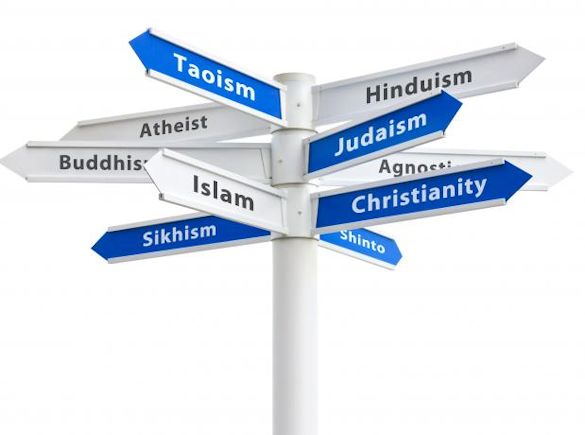
Dr Matt Gibson, Lecturer in the Schoool of Law at the University of Liverpool, comments on the Equality and Human Rights Commission’s report into religion or belief in the workplace and service delivery:
“There exists widespread public confusion over laws protecting religion or belief. This is the conclusion of a report published today by the Equality and Human Rights Commission. The report’s findings stem from research undertaken between August 2014 – October 2014 which aimed to capture ‘the direct and personal experiences of employees and service users concerning religion or belief, as well as the views of employers, service providers, relevant organisations and the legal and advice sectors’.
Overview of the Report
Overall, 2483 individuals or organisations took part in the project. The report notes a range of positive experiences encountered by people in relation to manifestation of religion or belief in employment or service delivery. Here, attempts to create inclusive environments for a range of different beliefs encouraged mutual tolerance, respect and dignity.
However, the report also highlights the many negative experiences involving religion or belief faced by employees, employers, service users and service providers.
For example, religious and non-religious people discussed how they often felt ostracised in the workplace or service sectors due to hostility about the nature of that belief. Non-religious individuals expressed concern about harassment or unwelcome proselytising from religious workers or service providers. Both religious and non-religious individuals sometimes felt disadvantaged by perceived favourable treatment of their non-religious and religious counterparts, respectively. In particular, religious employees – and employers – mentioned difficulties in determining the extent to which religiously-based requests should be accommodated at work. Furthermore, religious conscientious objection by employees and service providers on matters of sexual orientation presented problems. How far, if at all, should these beliefs be protected? What effect – if any – might this have on gay or lesbian colleagues/service users? Is there an emerging ‘hierarchy’ of legal protection between religion or belief and sexual orientation?
The Effectiveness of Current Legislation
Equality and human rights legislation provides the core legal framework for adjudication of religion or belief issues in the workplace and service delivery. Respondents disagreed on the effectiveness of this current framework. Whilst it has encouraged the positive recognition of religion or belief diversity in society, some individuals felt that it had not gone far enough in protecting minority or non-religious beliefs. Notably, Christian employees/employers and services users pointed towards a link between the framework and a loss of status for Christianity. Many individuals suggested systems of practical guidance and checklists for employers and service providers which would complement existing laws, enabling religion or belief matters to be determined more transparently and effectively.
The Equality and Human Rights Commission has announced that the results of this report will inform a further report, to be published later this year, on the adequacy of laws protecting religion or belief. In addressing religion or belief concerns, it will be intriguing to see whether that second report proposes a continuation of guidance on the law, or whether it will advocate bolder, more substantive, changes to the law.”